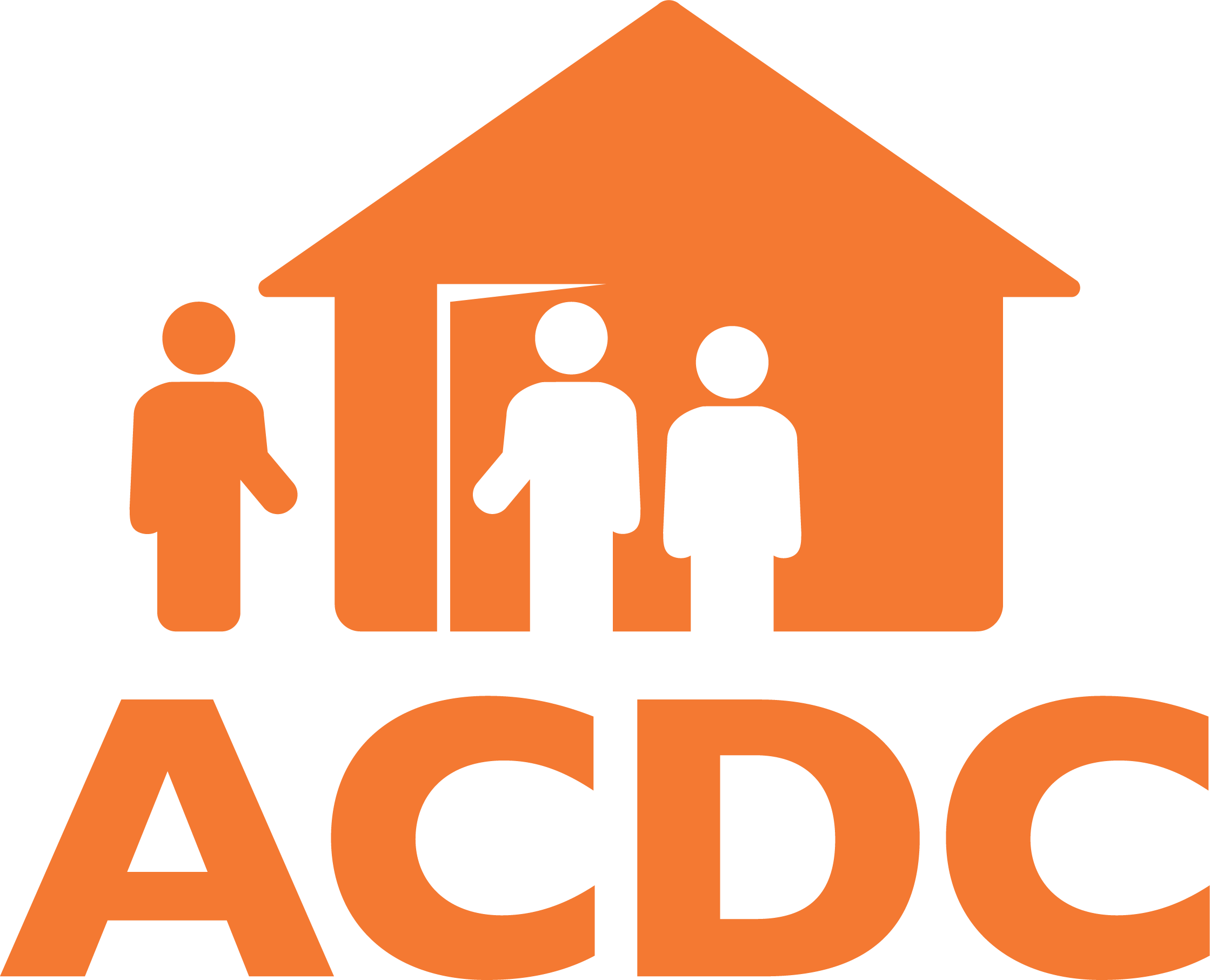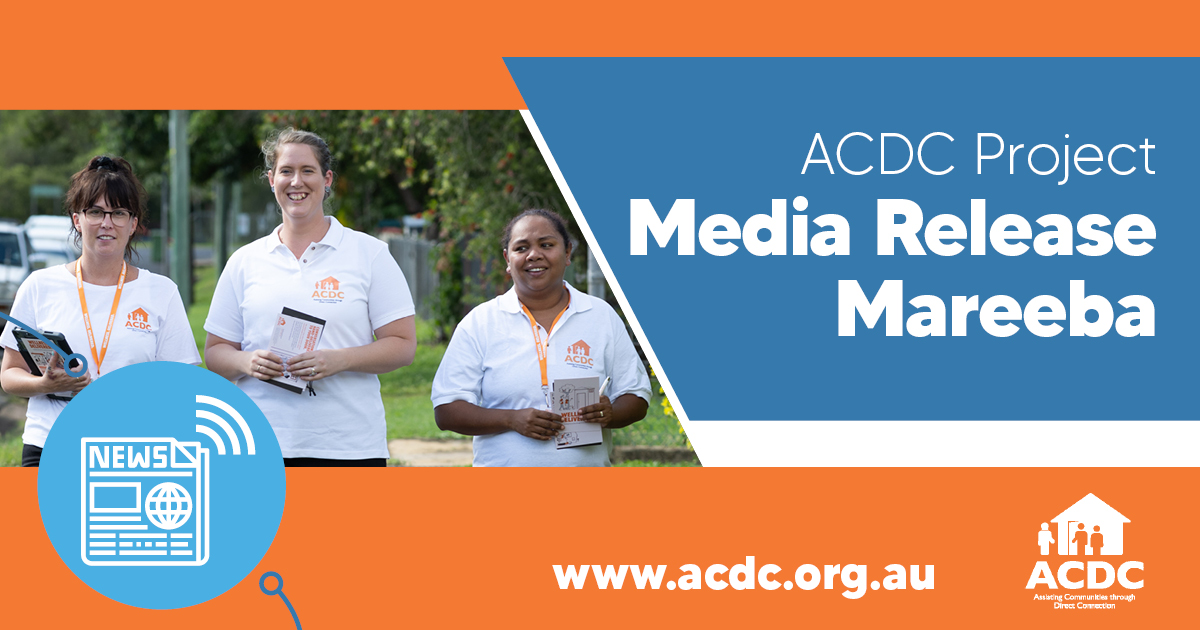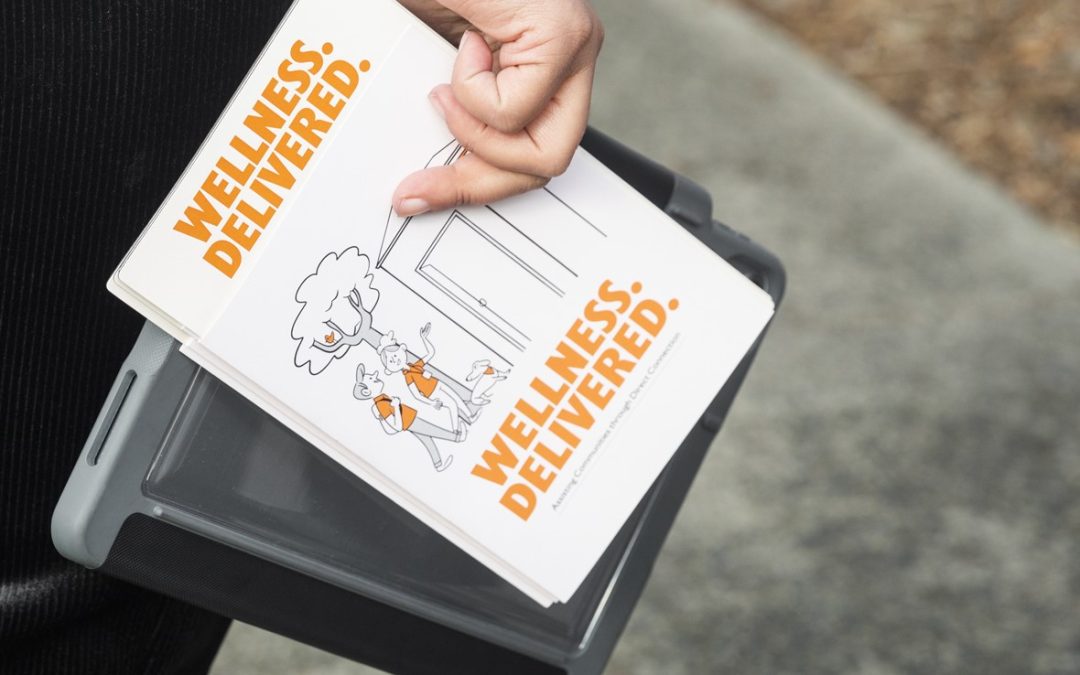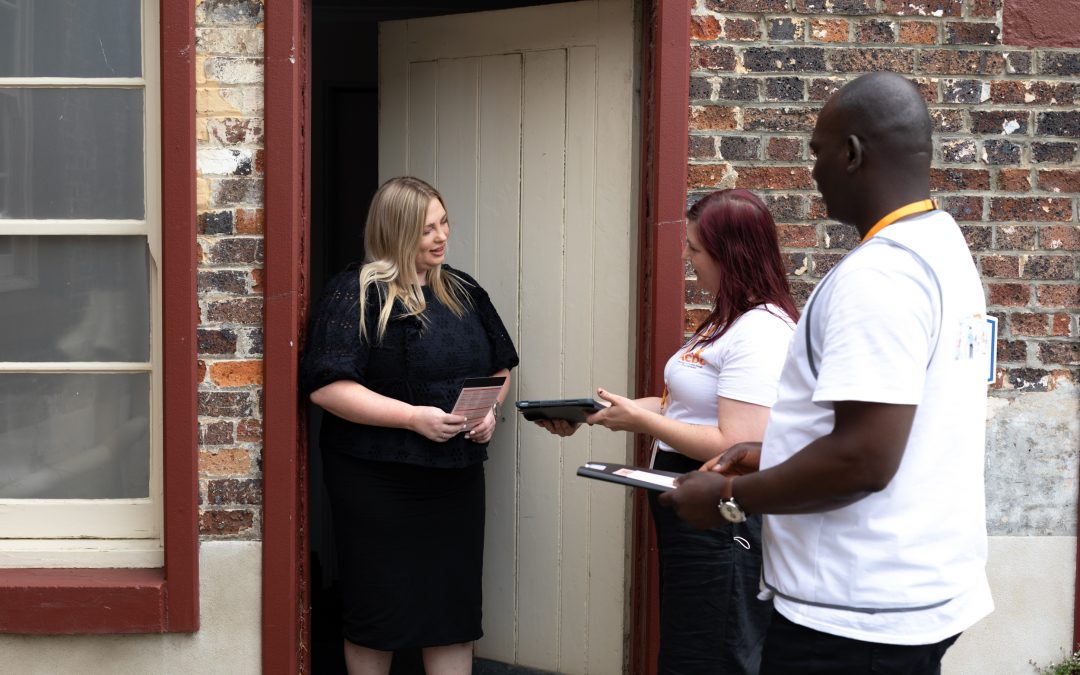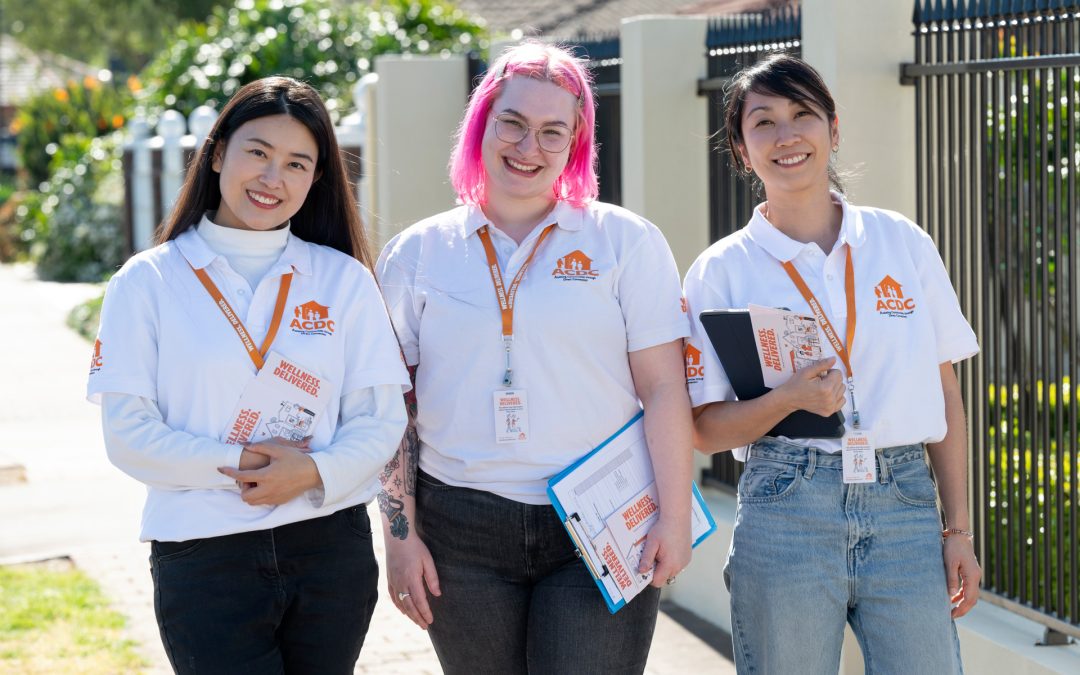Sometimes all it takes is a conversation.
A new project in Mareeba aims to talk with community members about their mental health and help link them with wellbeing services in their area.
With the COVID-19 pandemic still affecting Australians, the Assisting Communities through Direct Connection (ACDC) project is going door-to-door to check-in with locals.
The ACDC Project, run by Community Mental Health Australia (CMHA), is visiting over 20 sites in Australia to improve community wellbeing and collect important data.
“Unfortunately for many reasons people do not want to talk about or even think about their mental health,” says CEO of CMHA, Bill Gye.
“People may prefer to tough it out, hide it from others, or avoid the stigma. The ACDC Project is going directly to households in Australia to engage them in conversation about these important issues.”
CMHA are working with local service provider, Mareeba Community Centre, to doorknock in Mareeba from February to May 2022.
The ACDC Project are not typical door knockers. They make contact via friendly ‘People Connectors’ who let people know about the free services available and deliver an information pack with a fridge magnet and brochures.
People Connector Falen Stewart says the project is providing a listening ear to locals.
“Community members are welcoming to us and are praising the work that we are doing, they have been happy to share insight into what our community needs.”
“I think it gives people some reassurance that there is help available and that someone is hearing and documenting concerns that they have,” says Falen.
The other aim of the ACDC Project is to gather feedback on any service gaps, so that improvements can be made by local, state, and federal governments.
ACDC Project Line Manager, Ashlee Wilkinson, says hearing from locals about their experiences is vital for long-lasting change.
“We know the data from the surveys will give us clear statistics for our community and allow for opportunities to use this data to apply for more services in our area.”
For each of the communities visited throughout Australia, the ACDC Project will generate data and information about the reasons why people do not access support from local services.
“We know it as an amazing chance to have a chat to people who wouldn’t normally walk through our doors and open opportunities up for people who are seeking assistance but are unaware of how to access services,” says Ashlee.
The findings of the ACDC Project evaluation report will contribute to discussions about funding for community managed mental health services in Australia, and how the mental health support needs of people in communities are delivered.
It will also evaluate how effective a proactive approach is in reaching, engaging, and resourcing people to connect with services.
“The ACDC Project aims to address a serious problem with mental health services in Australia. Often, people only look for or receive support when they are in crisis. We must be much more proactive connecting and communicating with people about the importance of wellbeing. Prevention and early intervention is far more effective than dealing with people in crisis,” says Bill Gye.
The ACDC project provides this important information to householders of all educational, cultural and language backgrounds to promote access to mental health, social and emotional wellbeing support.
If the householder is not home a card is left in their letterbox with contact details so they can ask the People Connectors to come back.
For more information about The ACDC Project go to: www.acdc.org.au
The ACDC Project is funded by the Department of Social Services.
END
